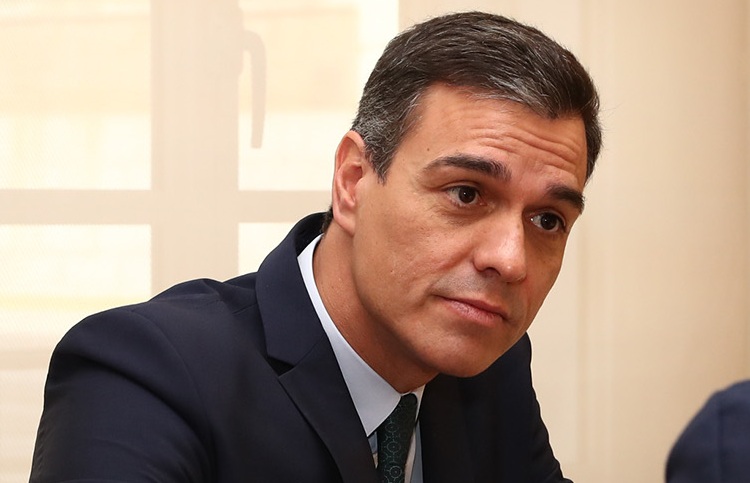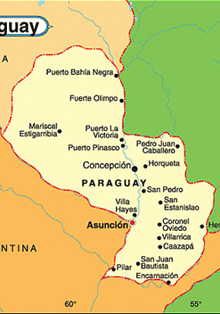Ángel Collado
Pedro Sánchez’s government has the support of the trade unions for its economic policy and the blocking of pending reforms (labour legislation and pension system), but it faces a real hot autumn of mobilisations and demonstrations.
Police officers from all administrations, farmers, livestock farmers, justice officials and transport workers are organising street protests or strikes between this week and the days leading up to Christmas. The government’s lack of response to the escalating prices of energy, fuel and raw materials, plus ideological measures against public safety, have provoked the indignation of the professional sectors affected.
The coalition of socialists and communists in power is catering to the interests of the trade union world that is close to it, the organisations that consider themselves “class” organisations like the Comisiones Obreras and the UGT, without taking into account the serious situation in the countryside, the administration of justice or the world of transport. Nor has it wanted to measure the repercussions that its reform of the current legislation on demonstrations would have on the police forces.
What the government considers to be the repeal of the “gag law” approved by the previous government, for the police unions, the Guardia Civil, the autonomous police forces of Catalonia, the Basque Country and Navarre, plus the associations of municipal police forces throughout Spain, is a reform that will facilitate riots in the streets.
Some forty police unions of all orientations, representing officers from all administrative areas, have called several rallies throughout the week, culminating on the 27th in Madrid in a demonstration which will also be joined by representatives of the opposition parties, with the PP at the forefront. The president of the Community of Madrid, Isabel Díaz Ayuso, was the first to confirm her attendance.
The reform of the law will incorporate the novelty of “spontaneous” demonstrations (called without known leaders and without the police having time to organise prior security arrangements), will put an end to the use of anti-riot measures such as rubber balls, will authorise the indiscriminate use of images of police officers and will set fines for rioters depending on their level of income.
The text has the support of the entire parliamentary far left, from Podemos to Bildu, the basic support of the coalition government in Congress. In addition to Podemos, Sánchez’s pro-independence partners traditionally resort to street mobilisations that end in riots to achieve their political goals, especially in the case of the Catalan separatists, whose main leaders promoted the secessionist attempt of 1 October in Catalonia. The same is true of the successors of Batasuna, ETA’s political wing.
The hot autumn will continue after the police protests with those of the social sectors most directly affected by the deteriorating economic situation. The transporters are calling for solutions to the 35 percent rise in fuel prices, but also for the government to stop punishing them with new road tolls or regulations restricting their movements. They are preparing a major strike that threatens to blockade the country just before Christmas, on 20, 21 and 22 December.
The farmers’ and stockbreeders’ unions, led by the main ones (Asaja, COAG and UPA) will also multiply their protests during the month of December. They are considering joining the general strike of the hauliers for the same dates at the end of autumn. In their case, in addition to the rise in fuel prices, the price of animal feed (30 percent), and energy in general, will also rise. The entire primary sector of the national economy is calling for reforms, as well as aid, because it has run out of profit margins and losses are threatening the massive closure of farms and holdings.
Just as a foretaste of the consequences of rising inflation on labour disputes are the stoppages, protests and riots of demonstrators in the province of Cadiz. The unions of the entire metal sector in the province (30,000 employees) are paralysing the main cities to demand wage increases equivalent to the rise in prices, already above 5 percent. The mayor of the capital, the far-left populist José María González (aka “Kichi”) boasts in first person about the mobilisation: “We had to set fire so that Madrid would listen to us”.
Meanwhile, the government is also facing new protests and the threat of strike action by justice officials, the most neglected sector of government. A total of 15,000 public employees have been deceived by the Ministry of Justice’s announcements of salary improvements that are not included in the General State Budget.
Sánchez had taken care of the so-called “social dialogue” with the trade unions Comisiones Obreras and the UGT at the cost of clashing with employers’ organisations, as has happened with the rise in social security contributions. And in the labour counter-reform underway, a decision has yet to be taken on the fundamental demand of the trade unions themselves: that sectoral collective agreements should take precedence over company agreements.
The “class” trade unions want more power and for the moment, with this expectation plus a government economic policy based on soaring spending and no reforms, they have brought social peace to the government. But what worries the rest of the workers’ representatives is the deterioration of the economic situation and the lack of response from an executive that for the first time is facing street protests.







